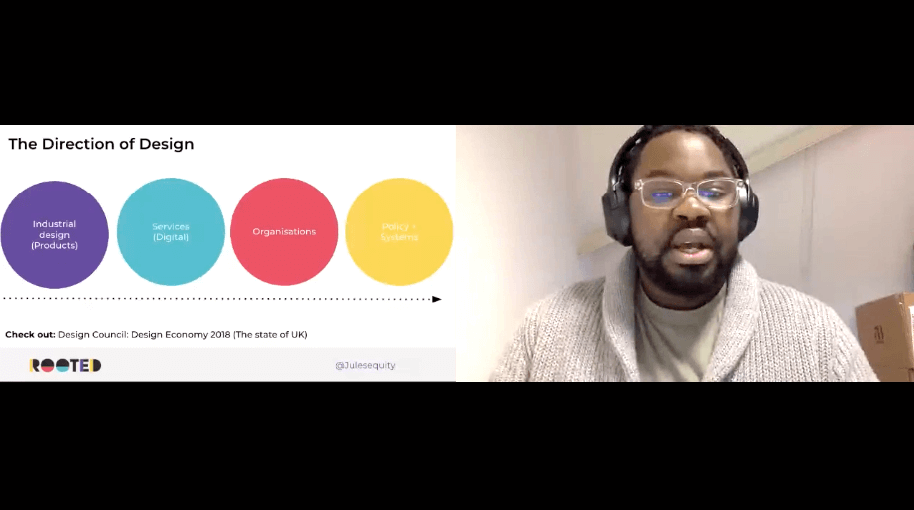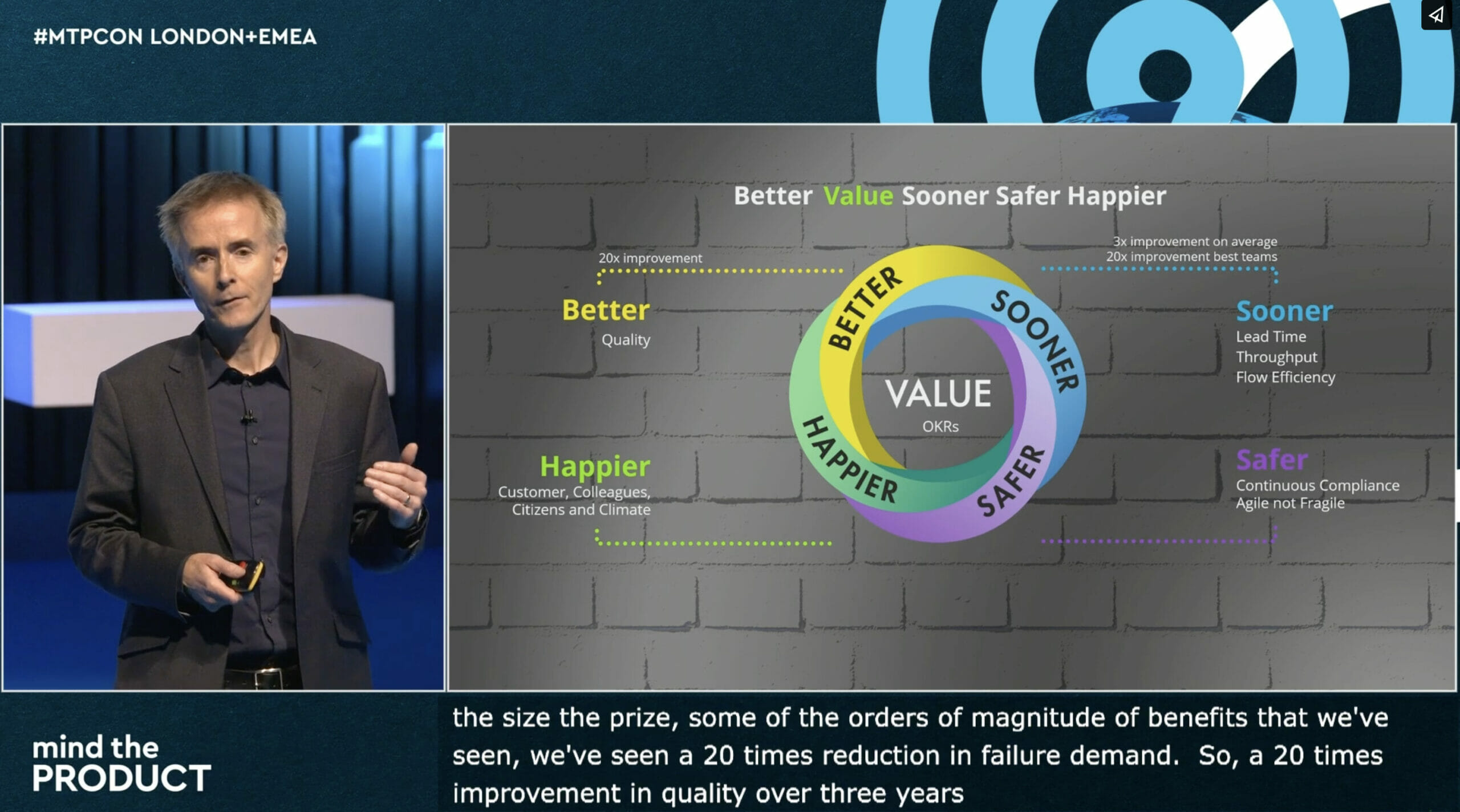Sunil Parekh was previously VP of Product Management at Truveris – a healthcare startup based out of New York City. At the time of his talk, they worked primarily in the pharmacy benefit space, helping employers save money on costs of prescriptions, creating marketplaces for pharmacy benefits management, and developing tools for consumers to save money on prescriptions.
In the start of his presentation at ProductTank NYC, he further breaks down his experience by listing some of the professional roles he’s played, like Lab Researcher, R&D Engineer, Product Manager, and Startup Advisor. Reflecting on his wide array of prior experience, he quotes Steve Jobs, saying that “if you haven’t found it yet, keep looking. Don’t settle.” He thinks is very important to be constantly be challenging yourself and going outside of your comfort zone, because that is the best way to learn and improve. He has used this mindset to get him to where he is today.
Sunil’s job on Paper
Being primarily involved in product management, his duties fall right in the middle of the customer-technology-business venn diagram. His tasks included understanding customer needs, researching industry trends and competition, training and coaching product managers, and guiding market and sales efforts. Sunil goes on to say that his day-to-day operations can be described somewhat differently. His job mostly entailed organizing meetings and ensuring communication between teams that normally wouldn’t be involved with each other, conflict resolution, heavy research and detective work, and managing the executive team and board and giving presentations.
OneRx
Sunil’s main reason for joining the Truveris organization was to build and launch OneRx. At the time of his presentation, this mobile app was a free tool for Americans to use to save money and time with their prescriptions. Consumers were able to enter their insurance information to see what drugs are and aren’t covered, to avoid surprise charges. They were provided with coupons and discounts and given transparency with varying costs between pharmacies.
Things Weren’t as Rosy as They Seemed
At launch, OneRx was very successful. They got a lot of positive press and their B2C (business to consumer) marketing team worked hard to drive their success and tell their story. However, there were underlying issues that soon became apparent.
They had multiple external issues. Their consumer base was primarily older, and many of them were not tech-savvy and had trouble using the app. Their product had never actually been pressure tested with the consumers, and they assumed that their standing B2B (business to business) presence would be enough to get OneRx out and into people’s hands. Also, they were entering a very crowded market, and they struggled to differentiate.
They had many internal issues as well, such as unclear roles and responsibilities, high management turnover, a limited marketing budget, lofty revenue assumptions not grounded in reality, and legal and compliance challenges.
OneRx Today
Sunil hopes that OneRx is on its way to being wildly successful today, and he attributes that projected success to their unique competitive advantage of a third-party API (application program interface). After a set of inputs such as the consumer’s demographics, insurance information, and their physician’s NPI number, they could get back a patient-specific profile including their coverage status, estimated copays, deductible information, insurance restrictions, medical information, and much more. They had suggested this system early on, but it was shut down by their legal and compliance team. Eventually, however, they pushed back and were successful. Now that they have established this system, they planned to start selling their product to pharmacies and electronic medical record keepers to embed OneRx in the physician workflow.
Lessons Learned
Sunil explains that OneRx has a bright future and it is because of the painful path to success and their pivot. He lists off some of the key lessons he learned throughout the experience.
- Don’t follow leaders blindly
- Challenge the business model
- Talk to your customers
- Fail fast and move on
- Organize your team for success
- Fight battles you believe in
- Think big, but ground yourself in reality
When it comes to launching products, change will always happen during the development process so being prepared for it will allow you to be successful not only in your career, but in life overall.







Comments 1